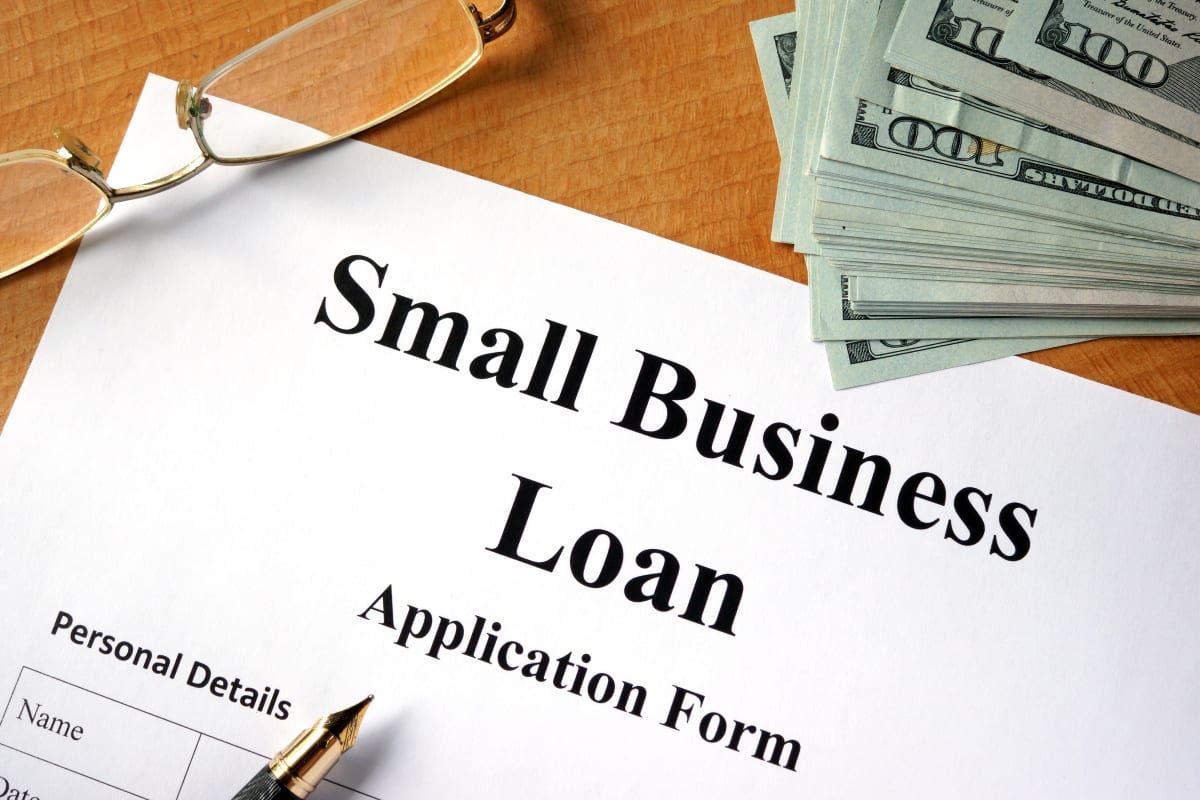Micro Business Loan Eligibility and Other Aspects to Consider in 2024
Are you interested in expanding your business project or want to invest in in-house team training? The lack of funds may reduce your growth rates and lead to failure. Traditional loans are a common solution, but their efficiency for small businesses, startups, and solo entrepreneurs is limited. The thing is that microlending offers better conditions and lets more parties be eligible to obtain such an offer.
Unlike traditional loans, the source of your financial power will be in the hands of independent organizations or be presented in the peer-to-peer financing format.
Microloan Eligibility Terms and Conditions
The long and short answer is that requirements for an ideal applicant will vary from provider to provider. Here are some potential demands to comply with:
Your company should have trading records for at least twelve months. This term can also be three years and so on. Details matter, so make sure to double-check it when searching for the right microlending platform.
Your turnover has to be no less than a certain sum. It may be around $10,000 per month or less. The higher the microlending upper limit is, the bigger the expected turnover is likely to be.
In most cases, microlending organizations consider the credit scores of prospective applicants. Nonetheless, those without it or with bad results can still be eligible candidates.
Your citizenship will matter since such companies are typically region- and country-based. In the USA alone, some service providers are available in certain states only.
Frequently Asked Questions About Micro Business Loans
To ensure your approach is data-driven, get to know the basics of microlending and its characteristics before submitting your application. Onwards!
How much can I borrow?
Such offers are designed for small businesses mostly, but veterans, freelancers, consultants, and other categories can also benefit from them. The standard range of microloans is from $5,000 to $50,000. At the same time, you can come across companies offering as little as $25 and as much as $500,000. Your financial eligibility and lender regulations can also expand or reduce the available ratio.
How big will the interest rate on microloans be?
Independent lenders in the microfinancing market define interest rates individually, so they vary a lot. In practice, they are frequently customized to address the target applicant’s needs and creditworthiness. The desired loan period will play a significant role as well. Microloans allow for more frequent and smaller repayments that take years, as well as lower interest rates in comparison with traditional loans. For instance, a popular factor rate is 1.25.
Are there any limitations on how I can use the received funds?
Not only will you need to comply with the eligibility requirements, but you will also have to consider your rights in terms of spending the received financial support. The conditions are flexible, but they also boil down to:
inventory management financing;
business-expanding needs;
tools to improve the capital;
in-house employee training, etc.
How long do I need to wait to be approved for a microloan?
In most cases, the procedure is speedier than what bigger loans usually tend to offer. Some in-market organizations may let you know about their decision within a few weeks. It isn’t rare for such a brand to issue its approval within twenty-four to forty-eight hours after receiving your application.

What happens if I have bad credit?
Your chances to receive a microloan won’t be destroyed even if your credit leaves much to be desired. However, you should be prepared for customized conditions that would be less beneficial. It is crucial to satisfy other basic requirements like the business vintage to reach the goal.
Do I need to offer collateral if I fail to repay a microloan?
Consider the difference between secured and unsecured loans and what conditions they offer. This practice is pretty common. So you may be requested to provide your company’s assets, personal guarantees, and so on to back up your failure to satisfy the loan’s conditions by the end of its term.
The Dual Nature of Microloans: Pros and Cons to Define
Before considering what company can satisfy your need for a microloan, be sure to understand the big picture of this project. Check the table below for reference.
Pros | Cons |
A higher chance to be qualified for the deal because of less strict terms and eligibility criteria | A limited loan size that may fail to cater to large-sized organizations |
Access to small loan funding | More complicated repayment terms that may cause a bigger load on daily business operations |
Flexibility in how you deal with the received cash | You may need to provide collateral to be an eligible candidate |
An ability to establish a great credit score | Flexible and variable interest rates |
Key Takeaways
While microloans aren’t a one-suits-all-needs solution, they will come in handy to address multiple issues and concerns a solo entrepreneurship, small business, or startup may have. To stay on the safe side, it is critically essential to analyze the target offer’s strengths and weaknesses. Overall, the value of micro business loans tends to outweigh its potential drawbacks.
